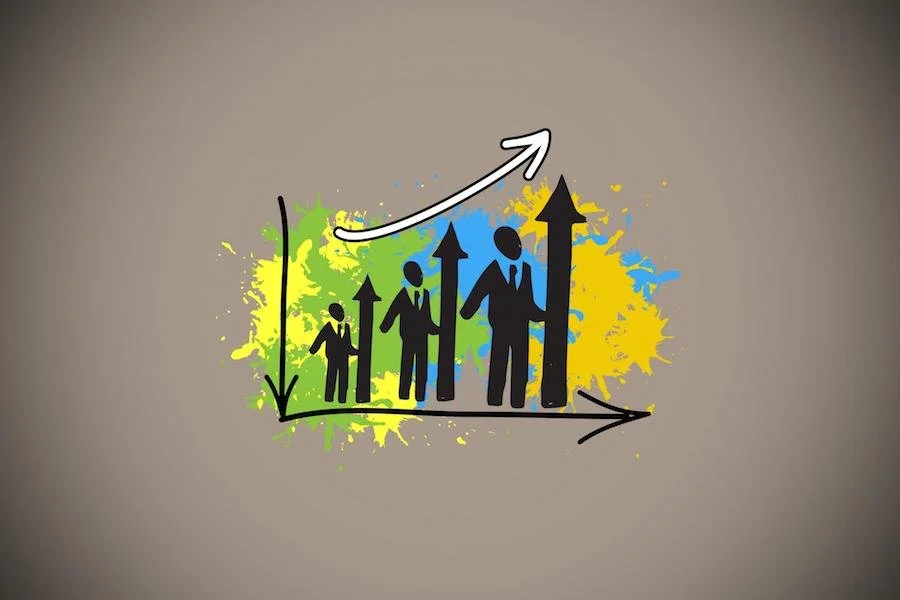
As educators, we all want our students to succeed. However, truly effective leadership must be guided by a clear set of core values that shape decision-making and ensure positive impact.
Great leaders do many things. One of the most important things on that long list is fostering a culture of trust. Commitment, communication, and consistency are at the core of doing this well.
One of the things we’ve learned since March 2020 is the value of praise and recognition. While this is certainly not a new revelation, the value of praise has definitely doubled for educators. The work that we do has taken on a completely new meaning and form, and has required more effort and mindfulness than ever before. For this very reason, amongst others, it is important that educators feel valued and seen for their hard work and commitment.
With all that's going on at this point in the year and everyone just trying to make it to summer, it is easy for School Leaders to forget or neglect one other thing that should be happening right now, too: planning for the upcoming school year. We share five things that school leaders can do right now to take advantage of the resources that may not be available during the summer.
Returning from a long break is rarely easy. We’ve penned a list of five moves that can help school leaders ensure the return from Spring Break a successful and positive one.
Encouraging toxic positivity can amplify the negativity in your building. We share ideas for how educators can identify and avoid this common misstep.
How do we sustain our excellence during crisis and fatigue? We unpack three ways to help you foster a healthy balance between working and doing.
Jumping back into the swing of things will certainly be an exciting endeavor, and it will also prove to be a challenging one. The biggest challenge will require educators to model patience and empathy with our scholars.
Policies determine practice, and practice determines outcomes. School leaders are charged with ensuring their schools are just and antiracist schools.
These practices have proven to be highly effective at retaining new teachers who could have easily been ran away by the challenges and realities faced while teaching in an urban public school nested in a high-need community.
What can educators actually do to actively work against racism in order to create a just nation? Obviously this is easier said than done, but we have some ideas.












We discuss the disparities that exist within suspension practices based upon race (of course) and the type of school. We also offer ideas for giving your school suspension practices a face lift.